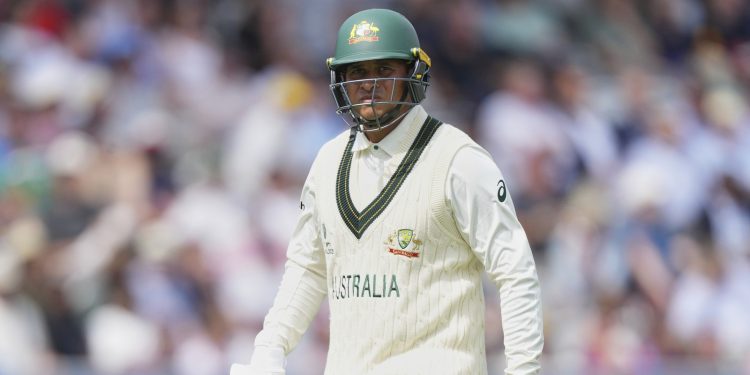During the 2011 Test series against New Zealand, Australian Test opener Usman Khawaja recalled a bad experience with Brendon McCullum. However, he pointed out that McCullum had changed entirely and had become a beacon of sportsmanship by the time he reconnected with the former New Zealand captain four years later.
Later, McCullum won the ICC Spirit of Cricket Award for captaining a New Zealand team known for its fair play and respect on the pitch. The wicketkeeper-batter is also credited for ending sledging in the Kiwi camp, a change in culture that was publicly ridiculed at the time by former Australian pacer Mitchell Johnson.
He completely ripped me to pieces. Khawaja was quoted by Fox Cricket as saying, “He sledged the crap out of me, like I’d never been sledged in international cricket before.”
When we played against him a few years later and he was captain, it was quite strange because he had completely changed. He simply went about his business and was laid back,” he continued.
During the post-series drinks following Australia’s 2016 tour to New Zealand, which also happened to be McCullum’s last Test series, Khawaja approached him. The former captain of New Zealand then acknowledged the past and put the issue to rest by expressing regret for the verbal exchanges from their previous game.
He was simply saying, ‘Yeah,’ but I won’t quote him exactly. I was somewhat of a Since then, I’ve grown up and learnt a lot. It was amusing to see both sides, though, because he was right on me when I was younger. Someone who grows up and realises, “Yeah, I probably wasn’t playing the way I wanted to there,” is someone I admire.
That is something I admire greatly,” Khawaja remarked.
In his memoirs later that year, McCullum said that he was not proud of some of his early on-field conduct. He even thought back to a 2006 event in which he regrettably ran out Muttiah Muralitharan as the Sri Lankan spinner was celebrating Kumar Sangakkara’s century.
“I squandered several years attempting to be bold, conceited, and unyielding. McCullum wrote, “It was a false attitude, not true to my character.”







